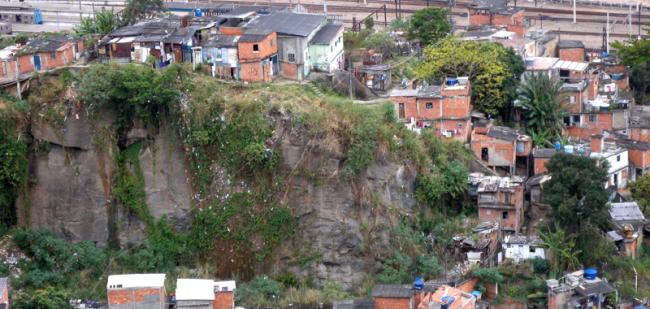On the operations of pacification and on communitary police in Rio de Janeira, see the forthcoming article of Nicolas Bautès and Rafael Soares Gonçalves, “Improving Security in Poor Areas”, in Justice Spatiale-Spatial Justice end of 2011, http://www.jssj.org/
Abstract :
This paper analyses the recent measures taken by the Municipality of Rio de Janeiro concerning public security in the context of several international events being organised in the city, including the 2016 Olympic Games. Falling within the framework of the Federal Programme of Security and Citizenship (Pronasci), these measures aim first and foremost at improving security in several favelas of the city by establishing so-called Pacifying Police Units (UPP). With the study of spatial logics prevailing in the establishment of these units in strategically selected districts, associated with that of the daily practices of residents in several favelas of Rio alongside community-based police forces, we were able to characterise the close link between public security and urban policies. Beyond the displayed objectives of social peace preservation, we examine this link to question the permanence of social difficulties experienced by the majority of favela residents, and to question the underlying land and real estate stakes revealed by these actions. Does the evolution of intervention methods in urban public security, which appears to be closely related to territorial marketing strategies, reflect the unequal and possibly unfair treatment of some of the poorest areas of the city, or does it, on the contrary, lead to considering new means of security provision in areas highly affected by violence, poverty and a lack of public services?



